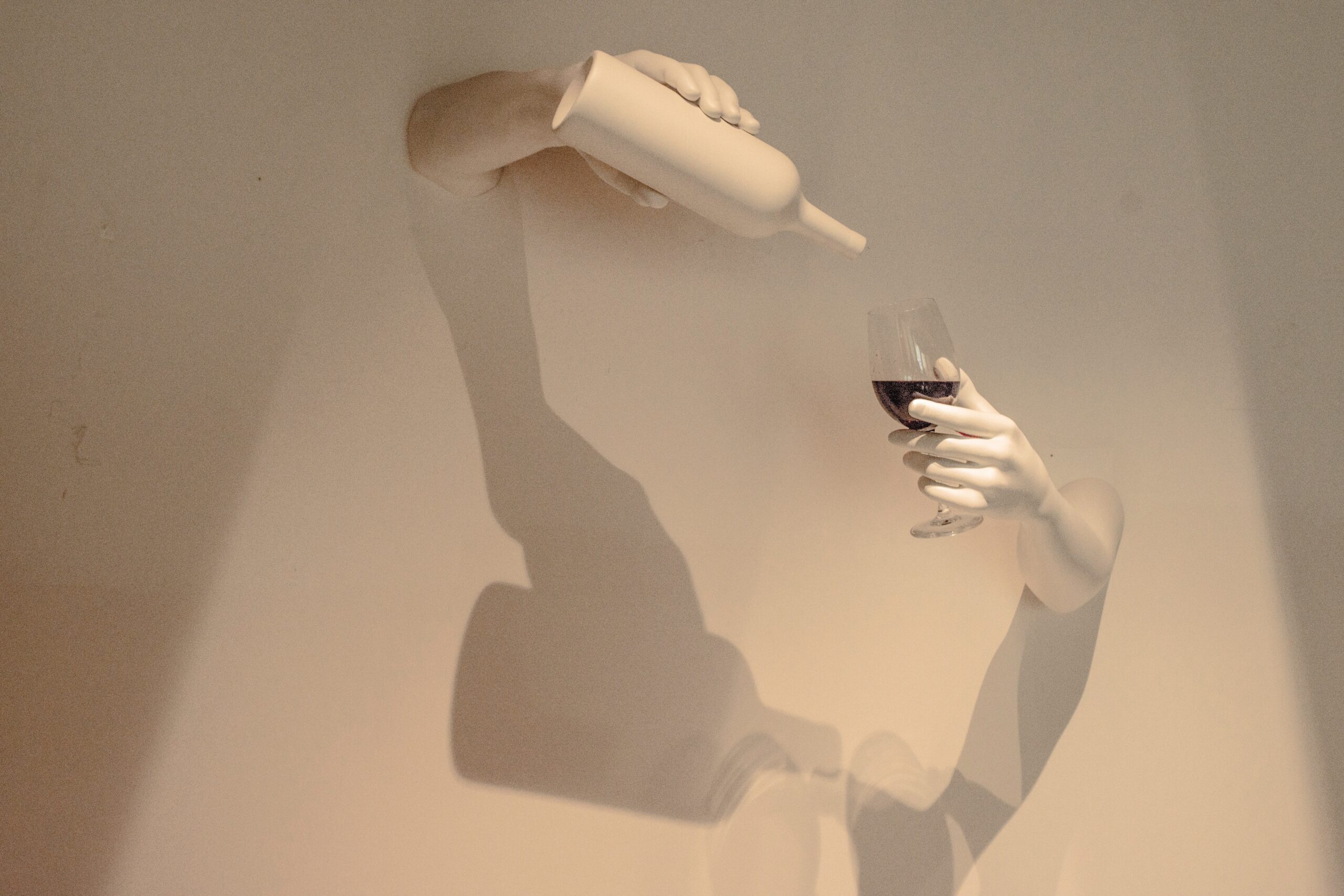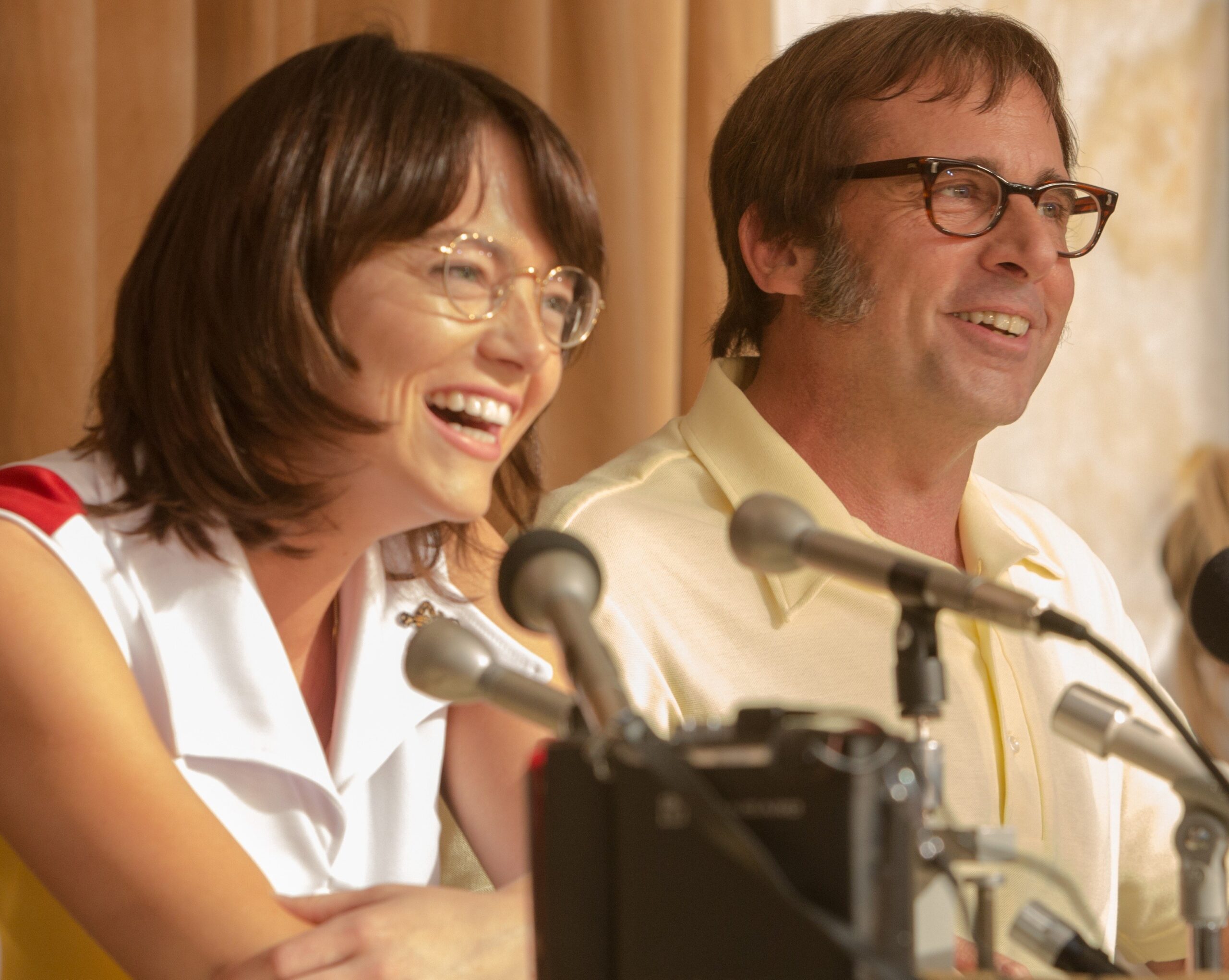Good answers the question, “Is sugar routinely added to wine in New Zealand?”
Party chat can often throw up statements that we don’t stop to question. One we came across recently was that sugar is added to wine routinely in New Zealand.
In short, that’s wrong – though it is legal to add very small amounts to raise alcohol levels.
Most winemakers don’t add sugar to fermenting grape juice when they make wine in this country because our climate ripens grapes so well that they generally don’t need to bolster alcohol levels.
To get the answer from the horse’s mouth, I asked a bunch of winemakers in Martinborough.
The Escarpment Vineyard general manager and founding winemaker Larry McKenna says that 90 per cent of the time, most New Zealand winemakers are picking grapes at optimal sugar ripeness so there is very rarely a need to add sugar.
“The point is that grapes contain a high amount of sugar when they are fully ripe so we have no need to add more. Sugar doesn’t create flavour in wine. It only helps to raise the alcohol level, so you still need the grapes, the seeds, the skins and the raw material to make wine. Whether it’s 10 per cent, 12 per cent or 14 per cent alcohol is immaterial. The taste of wine is about the harmony of the wine, which is what we strive for in the vineyard when growing grapes. Our aim is to pick fully ripe grapes with balanced sugar and acidity so we don’t need to add any.”
Fellow winemaker Helen Masters agrees. Her key focus is achieving balanced wines.
“At the end of the day, it’s not hard to achieve sugar ripeness in grapes grown in New Zealand and in most countries around the world. The alcohol levels are rising on wines from Europe as countries there get warmer. I think that most of our problem in the future is going to be that we have much more sugar in grapes than we want and we are all picking early to retain the natural acidity in the grapes we make wine from.”
The main constituents in grapes are water, sugar and acid. Water makes up 80 to 90 per cent of grapes. Sugars include glucose and fructose while acids include malic and tartaric.
“It’s very rare in this winery to add sugar,” says Masters, who is chief winemaker at Ata Rangi.
“If we were adding sugar, it would only be if we made some mistake such as picking a block of grapes too early if we thought they were riper than they actually were. It would be trying to fix a mistake.”
It is permissible to add sugar to fermenting grape juice, but only to a certain level and this tends to be a practice that occurs more in marginal cool climates around the world, such as in some parts of northern Europe.
Sugar and fermentation
So, how does all this impact on wine for the end consumer? Mostly, it doesn’t. Grapes tend to have high natural sugars, which are fermented into wines with alcohol levels of between nine per cent and 15 per cent, depending on the wine style.
A dry wine is one where all the grape’s natural sugars have been fermented into alcohol. The finished wine will retain fruity flavours but no sugar.
Wine styles made to taste sweeter contain residual sugar which has not been fermented into alcohol. This is done intentionally by winemakers stopping the fermentation prior to all of the grape sugars fermenting.
Some of the great wines of the world are made this way, such as Chenin Blanc, Riesling and Moscato.
The last word goes to Masters of Ata Rangi, who says most winemakers today want to make as few additions as possible to their wines.
“We don’t have a problem in New Zealand of not being able to ripen fruit and we are all lazy by nature, so why would we want to add sugar if nature can provide it?”







